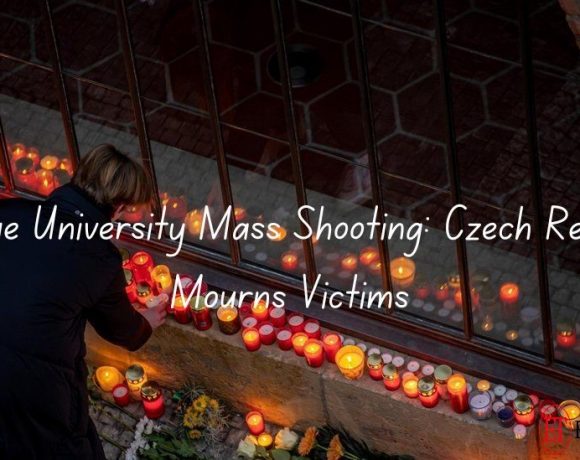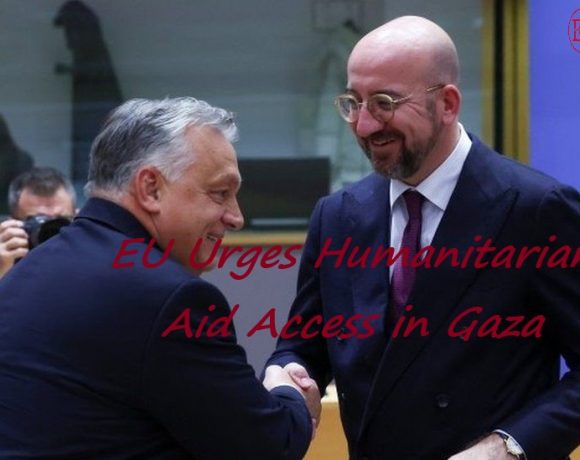
The Czech Republic is observing a national day of mourning in the wake of a tragic mass shooting at a Prague university on Thursday. In a devastating incident, a student at the Faculty of Arts building of Charles University shot and killed fourteen people before taking his own life. As a mark of respect, flags on official buildings are flying at half-mast, and a minute’s silence will be observed at midday.
The motive behind the attack remains under investigation as police work to uncover the circumstances leading to this horrific event. This lone gunman assault ranks among the deadliest in Europe this century and has sent shockwaves throughout the country.
Among the victims were prominent figures such as Lenka Hlavkova, the head of the Institute of Musicology at Charles University, translator Jan Dlask, and student Lucie Spindlerova. The shooting unfolded in the corridors and classrooms of the Faculty of Arts building, culminating in the assailant taking his own life as security forces closed in.
Expressing the nation’s grief, Czech Prime Minister Petr Fiala stated that it is difficult to find words to convey both condemnation for the act and the profound pain and sorrow felt by society in the days leading up to Christmas.
In a tragic twist, it is reported that the gunman is suspected of having killed his father at a separate location. Additionally, he is linked to the killing of a young man and his two-month-old daughter, whose bodies were discovered in a forest on the outskirts of Prague on December 15. The incident marks one of the largest death tolls from a lone gunman mass shooting in Europe this century.
Founded in 1347, Charles University is the oldest and largest university in the Czech Republic and stands as one of the oldest institutions of its kind in Europe.
Picture Courtesy: Google/images are subject to copyright

